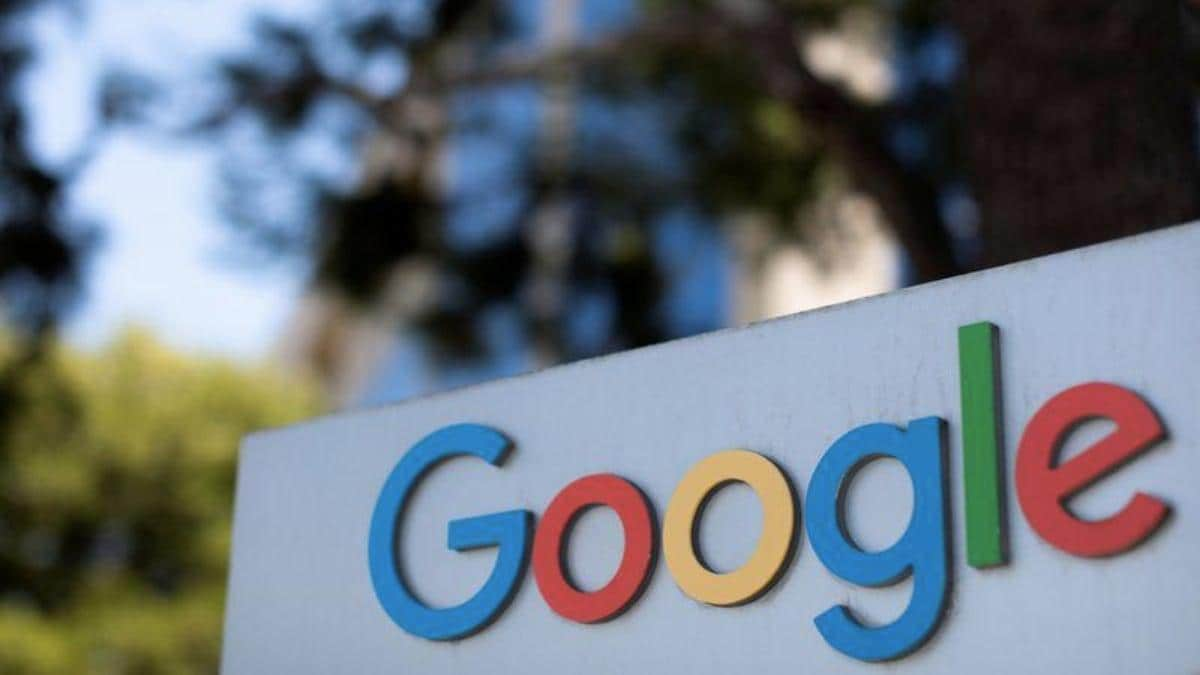Google’s ‘experiment’ hiding Australian news just shows its inordinate power

‘Google doesn’t want to pay for news content, on anyone’s terms except its own, and it appears to be manipulating search results to avoid it.’
In the midst of a global pandemic and an unprecedented misinformation glut, Google has decided to hide some Australian news sites from its search results. It is “experimenting” with the lone supply of fact-checked, accountable information Australians can access right now.
Australians have been seeing current news disappearing in recent days, replaced by old links and old news: in some cases news outlets have disappeared altogether. Google says it is displaying older or less relevant content to 1% of users.
The news comes as the debate between Australian media and “Big Tech” revs up over the proposed news media bargaining code, which would require Google to negotiate a fair price for news content with eligible Australian outlets.
Google doesn’t want to pay for news content, on anyone’s terms except its own, and it appears to be manipulating search results to avoid it.
Google admits to running ‘experiments’ which remove some media sites from its search results
Though Google claims the bargaining code “will break the way Google search works undermining the benefits of the internet for millions of Australians”, the search giant seems to be doing that by itself.
The code is still being debated; there is no reason that we know of why Google should be cutting or downranking news articles. There is no reason we know of to tinker with search results to avoid displaying news and falling under the code yet. Unless the tech company wants to prove a point.
Google says it is running these experiments “to measure the impacts of news businesses and Google search on each other”. The data will probably be used to try to prove something to the Australian government: that the money generated by referral traffic to news sites is worth more than the ad revenue Google earns from that specific content.
The company has been arguing that news content is just not worth it if it has to negotiate payment for it in this way. These “tests” will probably be used in aid of that argument.
What the tests won’t be measuring is the true value of timely and accurate facts to Google search results. They won’t be measuring the value of the data collected by Google on which articles you read and how long you spend reading them, or the associated behavioural inferences they can draw from that for advertising. Essentially, they won’t be measuring what is uniquely valuable about news content, and what makes the search product itself a reliable source of timely and correct information.
Google is willing to drop that value in order to avoid setting a global precedent.
As the search firm has proven in Spain, where it shut down Google news altogether in response to similar legislation in 2014, it is willing to remove timely and accurate content from search results in order to avoid paying for news content on anyone’s terms except its own.
Google only wants to pay for news if it is in the driver’s seat: it wants to do it via its own product, Google news showcase, on its own terms. It wants to maintain its control over where negotiations go and, ideally, which news outlets might be invited.
What these experiments in Australia have actually proved, in reality, is that Google has inordinate power: it can disappear news and news content entirely if it wants to.
As the gateway to information for the overwhelming majority of web users here (the Australian Competition and Consumer Commission puts Google’s share of search traffic at 95%), it can readily control the information Australians have access to. By just tinkering with that power, by conducting little “experiments”, it can make or break news businesses. It can make or break people’s ability to sort fact from fiction in the middle of a pandemic.
What it also means, as Rod Sims has pointed out, is that there is a large power imbalance between news organisations and the platform when it comes to paying a fair price for news content. Namely: Google has all the power.
This is why Sims maintains that the negotiations should not happen on Google’s own terms in its own news showcase product: the power imbalance is too great.
As Sims said at a Reuters conference on Tuesday: “Google and Facebook don’t need any particular news media business, they need them all, but they don’t need them individually. That means you have massive bargaining power imbalance.”
That is actually the problem that the news media bargaining code is designed to solve.
So in a sense, by disappearing selected news outlets from some Australian search results, by manipulating the news reading and fact-finding ability of 1% of users, Google’s experiments have just proven the necessity for the code.



